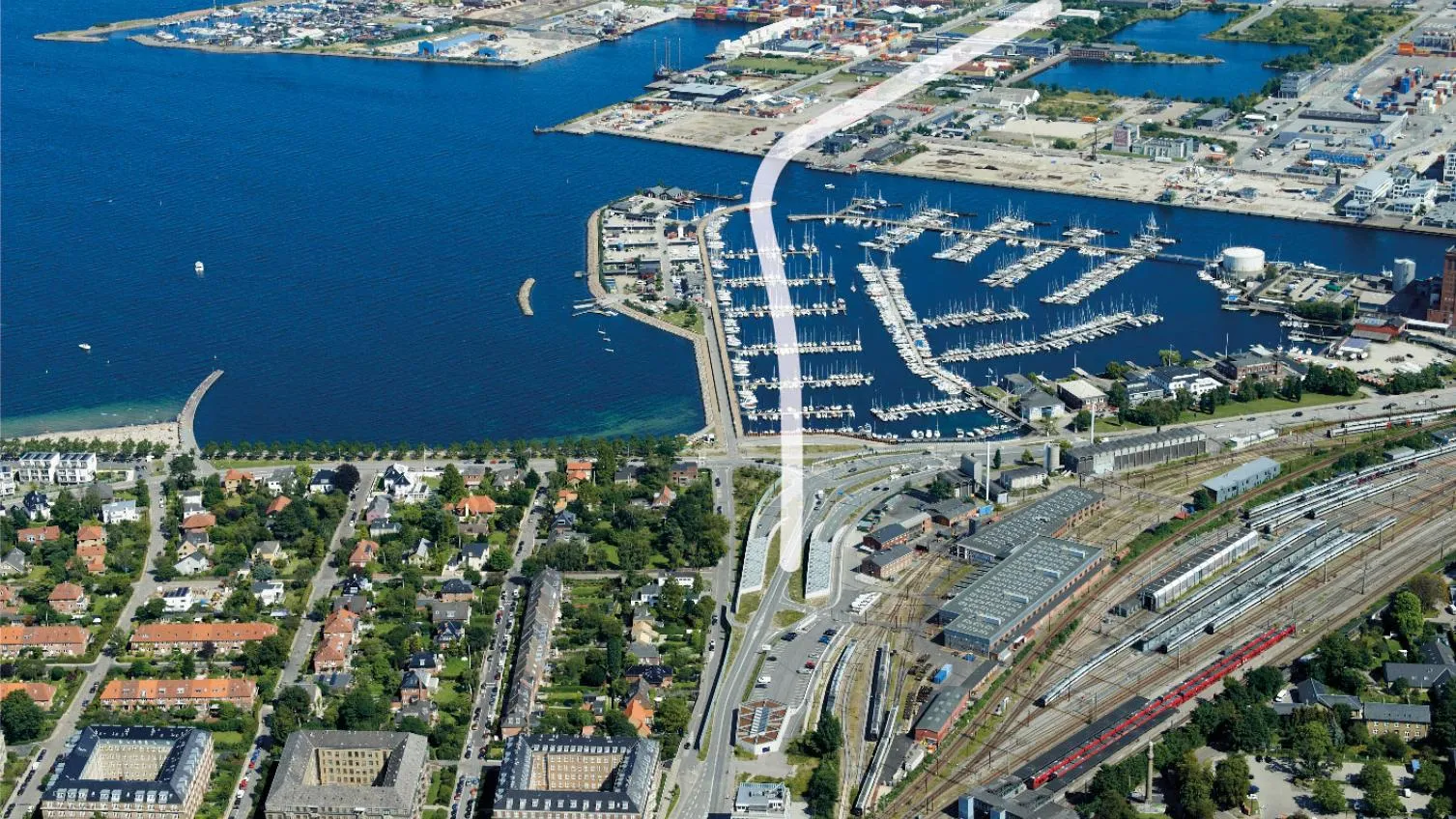The new contract covers the design, installation, commissioning and maintenance of a new integrated system to support the London Streets Tunnels Operations Control Centre (LSTOC).
Currently, LSTOC uses multiple control systems to operate and control safety and traffic control systems, communicate with road users, emergency and maintenance services people and to manage safety and minimise disruption. This upgrade will provide a single, future-proofed intelligent system which can allow for further upgrades not previously possible, along with new control room equipment.
The new system will improve how real-time information is presented to and used by LSTOC and the London Streets Traffic Control Centre (LSTCC), who work with other incident responders such as the emergency services to deal with traffic incidents. These improvements will also allow for real-time information about incidents in the tunnels to be obtained, allowing TfL to minimise the knock-on effects these can cause across London’s streets.
Dana Skelley, director of Roads at TfL, said: “This new system will help to improve the safety and efficiency of all the tunnels that we manage in London. This is part of our wider programme of investing in tunnel improvements and roads as a whole.
“We are committed to keeping London moving and this is just another step to making sure that people can get around quickly and safely.”
Enrique Sánchez Candorcio, director of Indra UK, said: "Indra will provide TfL with state-of-the-art technology to manage the city's tunnels in an integrated manner, thanks to a unique solution that will be designed to incorporate new systems in the future. This project will allow us to put our vast experience in smart transportation infrastructures to good use in London.
Indra to modernise London’s Tunnels Control Centre
Transport for London (TfL) has appointed Indra to modernise the technology for the control and operation of the 12 road tunnels in London and 90 kilometres of approach roads.
September 17, 2014
Read time: 2 mins









